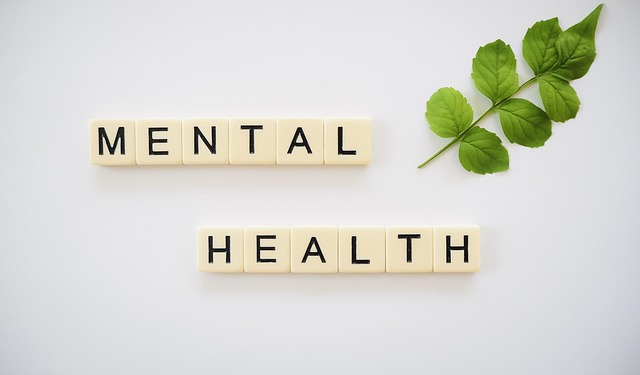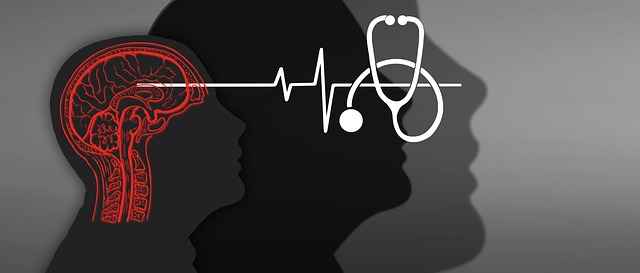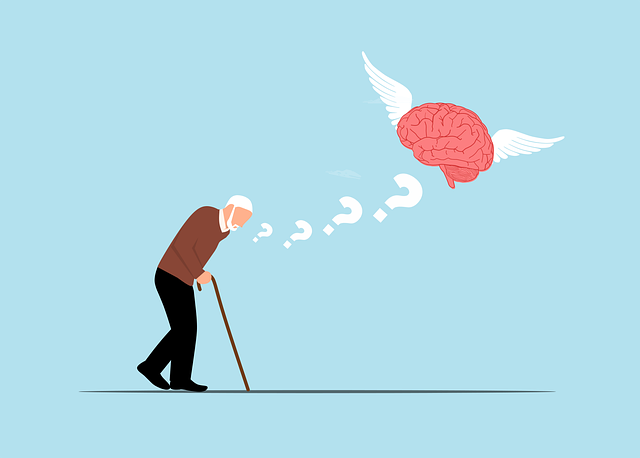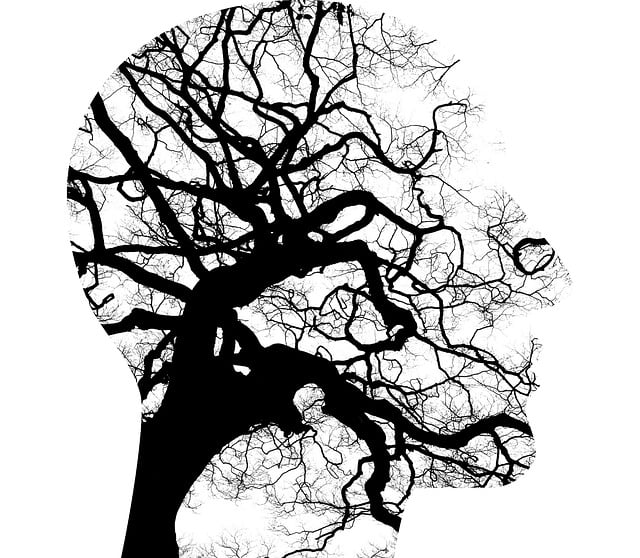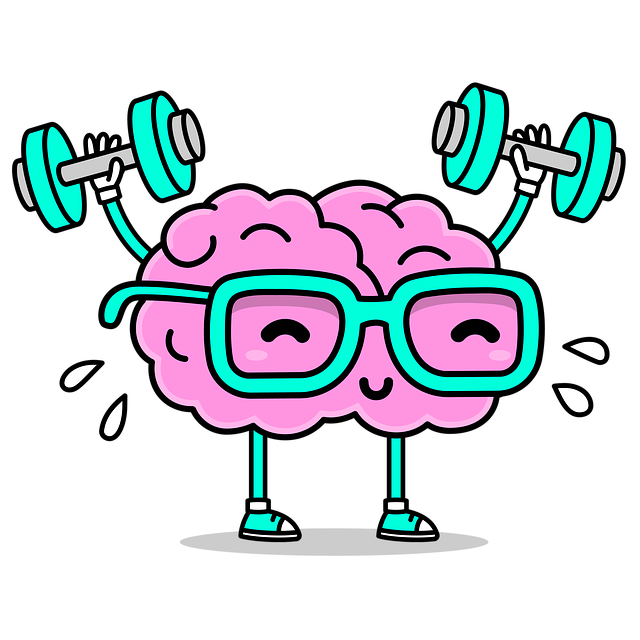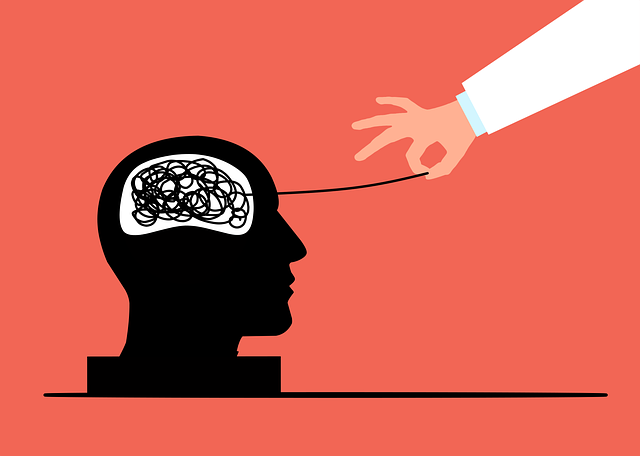Diagnosing mental illness accurately is challenging due to variable symptoms, cultural influences, and co-occurring disorders, as highlighted by Golden Codependency Therapy (GCT). Professionals can enhance diagnostic precision using tools like risk assessment, Mental Wellness Journaling, and tailored individual assessments. GCT, a novel approach, focuses on self-awareness and coping skills through relationship exploration, leading to more precise diagnoses. Integrating cultural sensitivity, mental wellness podcasts, and journaling exercises further improves accuracy and promotes early intervention, making GCT a valuable tool in the mental health field.
Mental illness diagnosis accuracy is a critical aspect of patient care, yet remains challenging due to the complexity and diversity of psychological disorders. This article explores several efforts aimed at enhancing diagnostic precision, focusing on understanding the intricacies involved, the potential of Golden Codependency Therapy, integrating innovative assessment techniques, and promoting awareness for early intervention. By delving into these strategies, we hope to shed light on promising paths toward more accurate mental health diagnoses.
- Understanding the Complexities of Mental Illness Diagnosis
- The Role of Golden Codependency Therapy in Enhancing Accuracy
- Integrating Innovative Techniques for Improved Assessment
- Building Awareness and Promoting Early Intervention Strategies
Understanding the Complexities of Mental Illness Diagnosis

Diagnosing mental illness is a complex and intricate process, often shrouded in challenges that can impact the accuracy and timeliness of assessments. Mental health professionals must navigate a labyrinthine landscape where symptoms can be subtle, variable, or even masked by cultural factors and personal experiences. This complexity arises from the multifaceted nature of mental disorders, which may co-occur, present differently across individuals, and evolve over time.
For instance, Golden Codependency Therapy highlights interdependent relationships between psychological conditions, adding another layer of complexity to diagnosis. Professionals must employ robust risk assessment tools (like those mentioned in Burnout Prevention Strategies for Healthcare Providers) to identify subtle cues and red flags that might otherwise be overlooked. Enhancing diagnostic accuracy demands a multifaceted approach, including ongoing Mental Wellness Journaling Exercise Guidance for professionals to reflect on their practices and stay attuned to the nuances of mental health presentations.
The Role of Golden Codependency Therapy in Enhancing Accuracy

Golden Codependency Therapy plays a pivotal role in enhancing mental illness diagnosis accuracy by fostering self-awareness and coping skills development. This therapeutic approach encourages individuals to explore their relationships and patterns of behavior, helping them understand how interdependent connections impact their mental health. By delving into these dynamic interactions, therapists can identify underlying codependent traits that may be contributing to or masking symptoms of mental illness.
Incorporating Self-Care Routine Development for Better Mental Health and Self-Awareness Exercises within Golden Codependency Therapy further refines the diagnostic process. These practices enable clients to cultivate a deeper understanding of their emotional responses and triggers, empowering them to actively participate in their healing journey. As individuals gain clarity on their personal dynamics and emotional needs, therapists can make more precise diagnoses, tailoring treatments to address specific mental health challenges effectively.
Integrating Innovative Techniques for Improved Assessment

In recent years, the mental health field has witnessed a significant push to enhance diagnosis accuracy, particularly in addressing complex conditions like codependency. One innovative approach that shows promise is Golden Codependency Therapy (GCT), which goes beyond traditional assessment methods by incorporating dynamic and personalized techniques. GCT encourages individuals to explore their emotional connections and interdependencies, fostering self-awareness and healing through profound insights. By delving into these intricate relationships, therapists can identify and address underlying codependent patterns, leading to more precise diagnoses and tailored treatment plans.
This therapeutic method not only complements but also strengthens the traditional assessment process by integrating self-care routine development for better mental health as a core component. Encouraging clients to prioritize emotional healing processes and effective stress management techniques allows them to actively participate in their therapy. This proactive approach, combined with GCT’s unique perspective, ensures that individuals receive comprehensive care, promoting overall well-being and accurate diagnosis.
Building Awareness and Promoting Early Intervention Strategies

Building awareness about mental illness is a pivotal step in improving diagnosis accuracy and promoting early intervention strategies. This includes educating both the general public and healthcare professionals on recognizing the signs and symptoms of various mental health conditions. Early identification enables timely treatment, significantly enhancing patient outcomes. Many mental wellness podcasts have emerged as powerful tools to disseminate knowledge and break down stigma surrounding mental illness. These platforms offer accessible Mental Wellness Podcast Series Production opportunities for individuals to learn about different disorders, share personal experiences, and gain insights from experts.
Integrating cultural sensitivity into mental healthcare practice is another key aspect of improving diagnosis accuracy. Different cultures may express mental distress in unique ways, often influenced by societal norms and beliefs. Healthcare providers must be trained to recognize these variations and adapt their assessment approaches accordingly. Encouraging individuals to engage in Mental Wellness Journaling Exercises Guidance can also foster self-awareness and facilitate open communication with healthcare professionals. By documenting thoughts, emotions, and behaviors, individuals can identify patterns and provide valuable insights during diagnosis and treatment planning, including discussions on innovative therapies like Golden Codependency Therapy.
Mental illness diagnosis accuracy has long been a complex issue, but with an increased focus on innovative assessment techniques and awareness-building strategies, such as integrating Golden Codependency Therapy, significant improvements are within reach. By understanding the intricate nuances of mental health conditions and adopting advanced tools, professionals can enhance diagnostic accuracy, enabling earlier interventions and more effective treatment plans. This holistic approach ensures that individuals receiving support benefit from tailored care, ultimately improving overall mental wellness outcomes.




